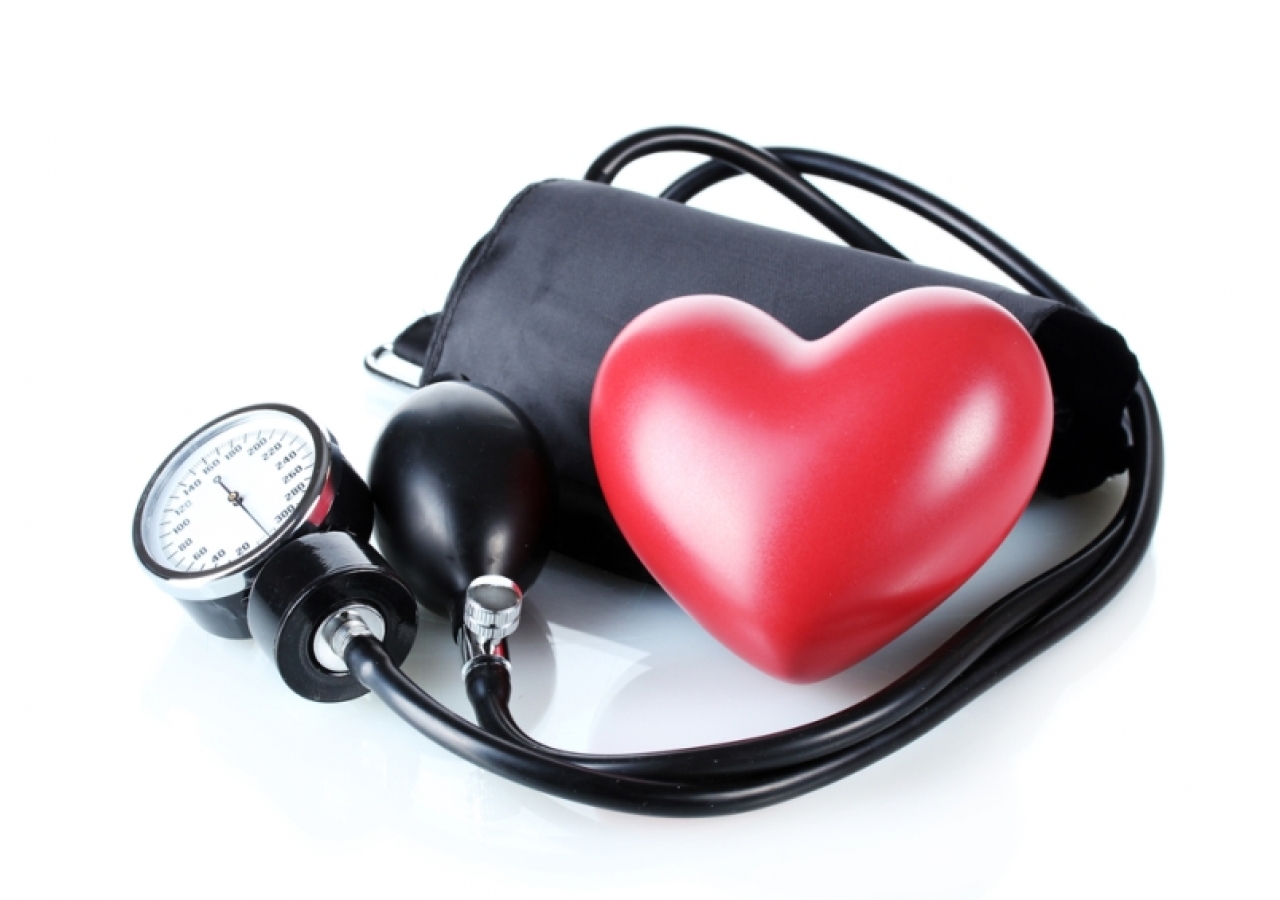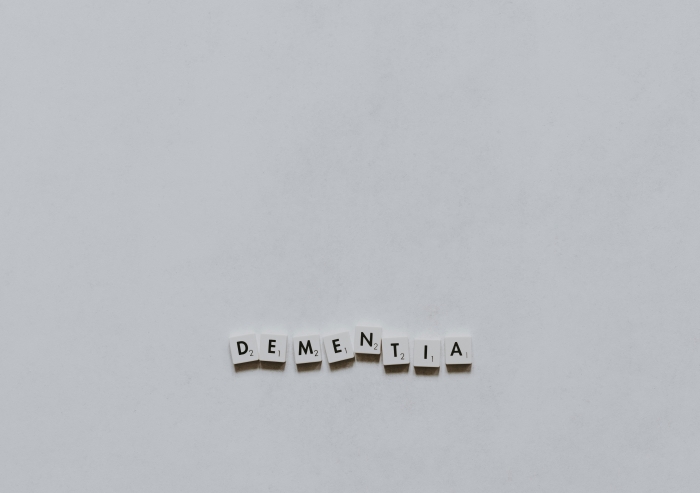This condition is diagnosed when it is measured in two different days, with the systolic blood pressure readings on both days ≥140 mmHg and/or the diastolic blood pressure readings on both days ≥90 mmHg. Hypertension is often called a "silent killer". Most people with hypertension are unaware of the problem they have because it may have no warning signs or symptoms. For this reason, it is essential that blood pressure is measured regularly. When symptoms do occur, they can include early morning headaches, nosebleeds, irregular heart rhythms, vision changes, and buzzing in the ears. The only way to detect hypertension is to have a health professional measure blood pressure.
Once this condition is diagnosed, it is very important to keep our blood pressure under control in order to avoid some serious damage. Some of the negative effects of an uncontrolled blood pressure include:
- Cardiovascular events: high blood pressure can lead to hardening and thickening of the arteries which can lead to a heart attack or a stroke. Moreover, in order to pump against the higher pressures in the vessels, the heart has to work harder. This causes the walls of the heart to thicken eventually leading to heart failure.
- Kidney disease or failure: high blood pressure can damage the arteries around the kidneys and interfere with their ability to filter blood effectively.
- Vision loss: high blood pressure can strain or damage blood vessels in the eyes.
- Dementia: narrowed or blocked arteries can limit blood flow to the brain, leading to a certain type of dementia (vascular dementia). A stroke that interrupts blood flow to the brain also can cause vascular dementia.
- Sexual dysfunction.
- Others.
What can I do to prevent or manage high blood pressure?
Besides all the problems mentioned above, uncontrolled hypertension can be fatal! If you have been diagnosed with hypertension, there are some steps you can follow in order to keep it under control:
- Make a few lifestyle changes. These include maintaining a healthy weight, eating healthier, reducing the amount of sodium in your meals and getting active (aim for at least 90 to 150 minutes of aerobic and/or dynamic resistance exercise per week).
- Work with your doctor, keep checking your blood pressure at home and don’t forget to take your medication.
For more information, you may consult:
https://www.who.int/health-topics/hypertension/
https://www.heart.org/en/health-topics/high-blood-pressure/the-facts-abo...








